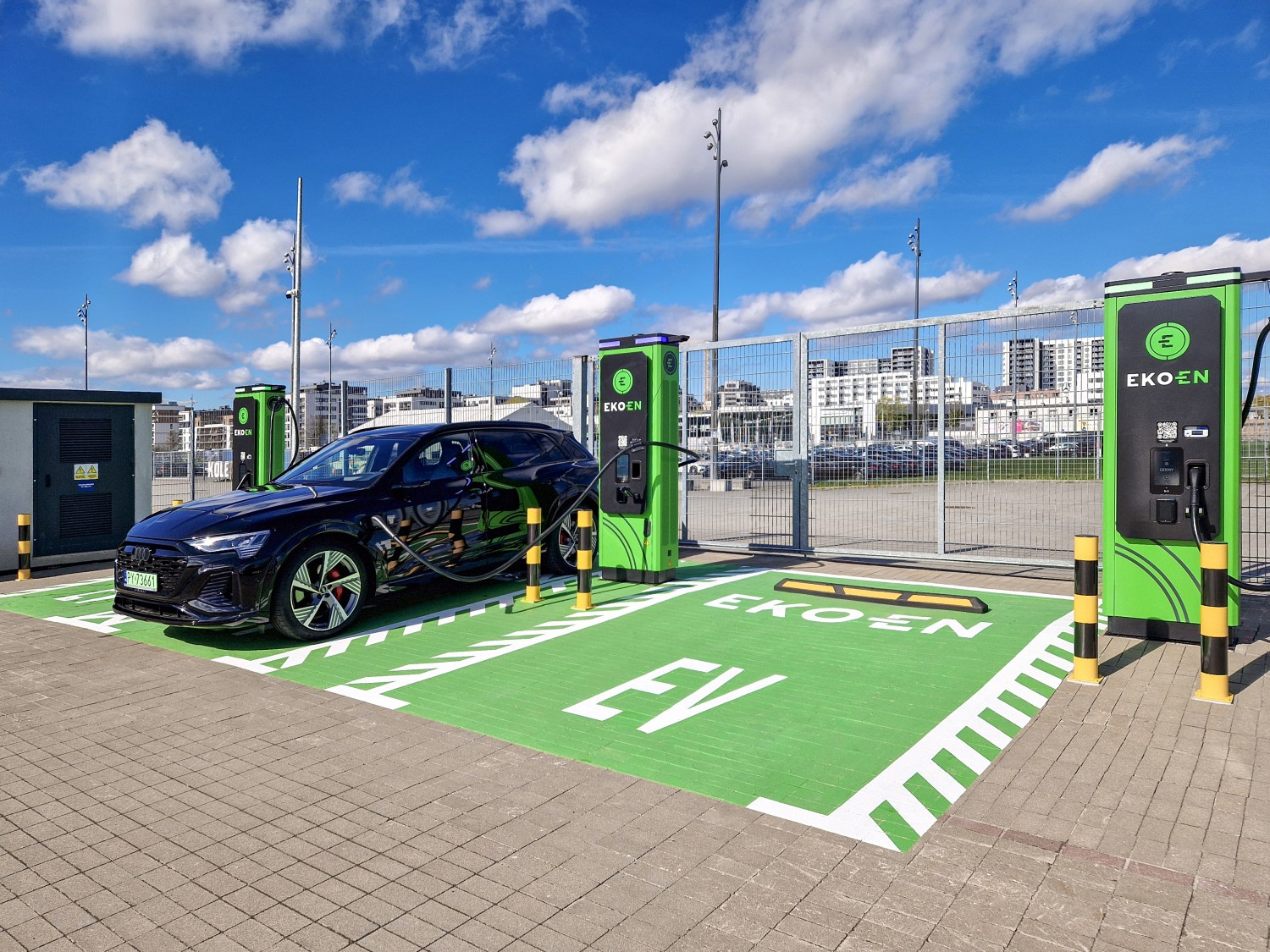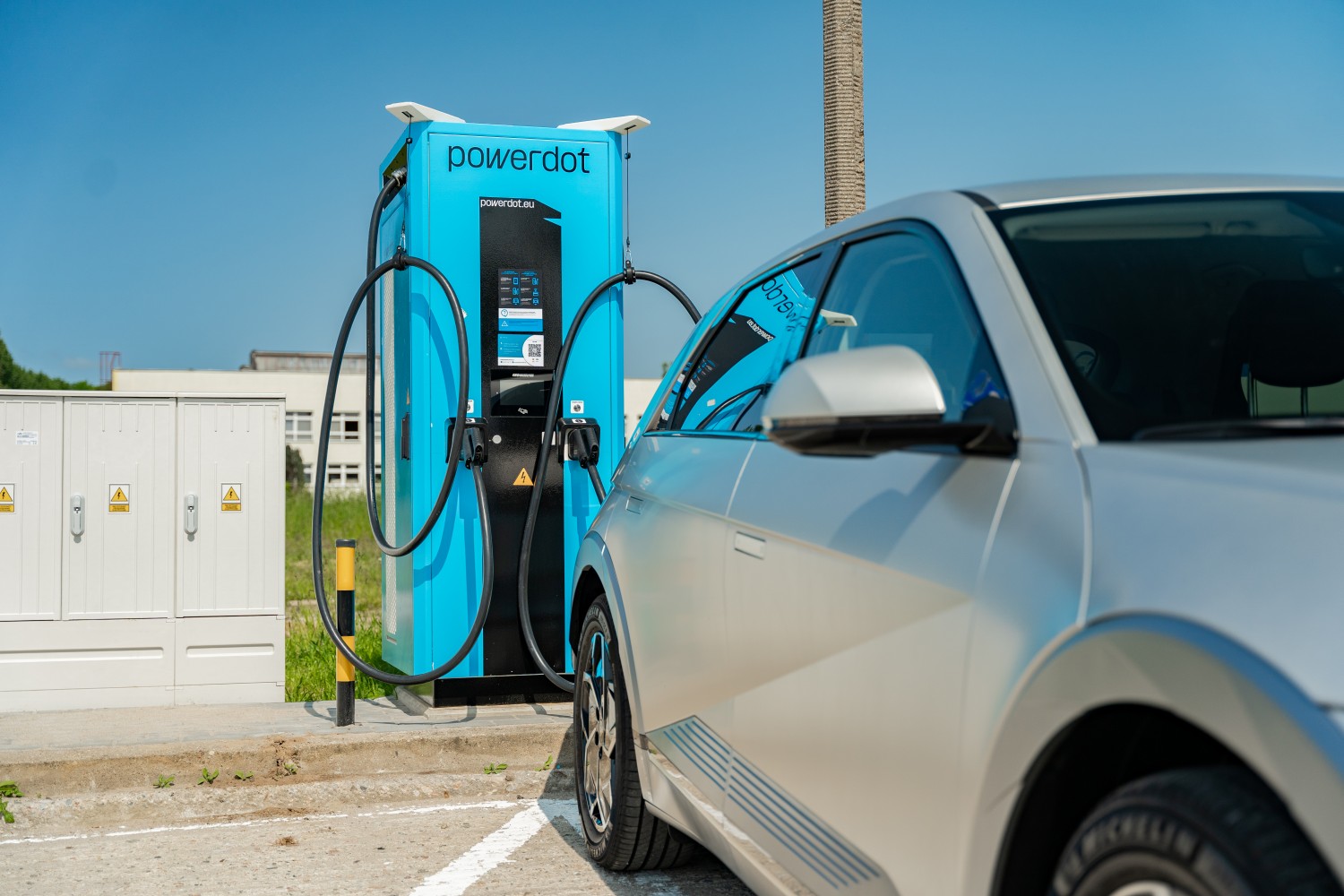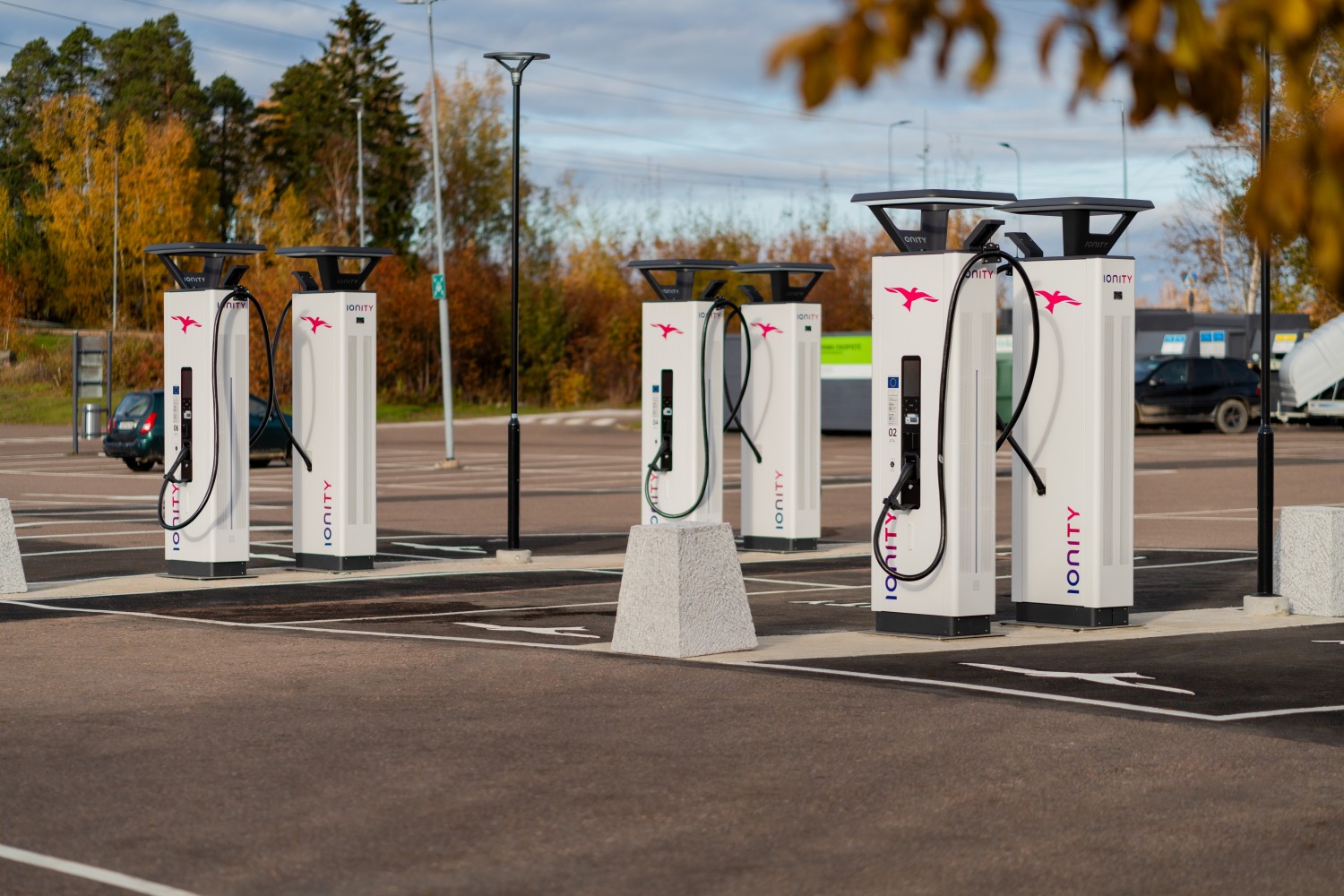Both electric and hydrogen cars have grown in popularity. However, with limited space on the market, these two alternatives often step on each other's toes.
While both options are environmentally friendly, there are more differences between the two than similarities.
In this article, we take a closer look at four areas in which electric cars excel over those powered by hydrogen gas.
Here's the lowdown on the electric vs hydrogen vehicles debate.
1. Availability and Infrastructure
The first advantage battery electric vehicles hold over hydrogen-powered cars is the available infrastructure.
Simply put, owning an electric vehicle (EV) is much more practical. The existing electric grid already supports widespread charging stations found in cities, along highways, at depots, motor pools, and homes.
This extensive network guarantees that electric vehicles (EVs) can be conveniently charged almost anywhere, which greatly enhances their practicality and appeal.
In contrast, the hydrogen infrastructure is underdeveloped, with hydrogen refueling stations primarily concentrated in California.
The same goes for Europe. Here, there were only 178 publicly accessible hydrogen stations by May 2023.
The scarcity of these stations limits the practical use of hydrogen-fueled vehicles, as drivers have fewer options for refueling.
2. Energy Efficiency
Let's not beat around the bush — electricity is more energy-efficient than hydrogen. This advantage primarily stems from its versatile and clean nature, minimizing energy loss from production to consumption.
When you compare the two, electricity generation boasts a higher efficiency rate. Hydrogen production, on the other hand, is energy-intensive and suffers from significant energy loss during both transportation and storage.

3. Cost Considerations
One argument that is often brought up in regard to alternative fuel sources is cost-effectiveness. Electric cars also triumph in this field.
Once again, the established grid network makes electricity pervasive, inexpensive, and easily accessible. This infrastructure already supports widespread adoption, reducing the need for significant additional investment.
Conversely, the cost of hydrogen fuel remains high due to the energy-intensive production process and the limited number of refueling stations. Building and managing these stations is costly, and with demand uncertain, the affordability of hydrogen is questionable.
While the cost gap between hydrogen and electricity may narrow in the future, electricity's established infrastructure and lower operational costs make it the more pragmatic choice for now.
4. Safety Aspects
Lastly, let's talk about safety.
Although Teslas are known for catching on fire, EV fires are relatively rare.
Electric vehicles (EVs) benefit from rigorous safety standards that manage charging rates, thermal aspects, and mechanical protection. All these safety mechanisms are put in place to protect drivers and passengers.
Hydrogen, on the other hand, presents several challenges.
- Flammability: Hydrogen is highly flammable, making it a considerable risk in case of leaks or accidents.
- Asphyxiation Risks: Hydrogen can cause asphyxiation in confined spaces, as it displaces oxygen.
- Infrastructure Safety: Hydrogen refueling stations and pipelines pose significant safety concerns, particularly during crashes or natural disasters.
- Complexity: The complexity of safely storing and transporting hydrogen adds another layer of risk that electric systems don't face.

Final Verdict
Currently, choosing electricity over hydrogen for vehicles is the smarter option. The extensive availability and infrastructure of electricity, combined with its superior energy efficiency, simply make it more practical.
That said, hydrogen isn't out of the vehicle game yet. With time, hydrogen fuel cell vehicles might be the primary rival to gasoline-powered cars.
Our R&D department at Ekoenergetyka is exploring potential uses of this technology, and we closely monitor scientific research on that topic.
We'll have to wait to learn which option prevails.
FAQ
What are the primary differences between electric cars and hydrogen cars?
The primary differences between electric cars and hydrogen cars lie in the type of energy they use and their overall environmental impacts.
- Electric cars use a battery pack, typically made of lithium-ion batteries, to store electricity to power an electric motor.
- Hydrogen cars, on the other hand, use hydrogen as a fuel, which generates electricity through a chemical reaction in a fuel cell to power an electric motor.
While both are zero-emission vehicles at the point of use, the production methods for electricity and hydrogen can vary in their environmental impact.
How does the refueling process of a hydrogen car compare to recharging an electric vehicle (EV)?
Refueling a hydrogen car involves filling the vehicle's tank with hydrogen gas at a station, similar to how gasoline cars are refueled. This process typically takes a few minutes.
Recharging an electric vehicle (EV) involves plugging the car into an EV charging station. The time to recharge can vary widely based on the type of charger, ranging from around 30 minutes with a DC fast charger to several hours with a standard home charger.
Which has a longer driving range, hydrogen cars or electric cars?
Historically, hydrogen cars have had a longer driving range compared to electric cars with battery packs due to the higher energy density of hydrogen fuel. However, advancements in EV technologies, such as the development of more efficient lithium-ion batteries, are closing this gap.
How do hydrogen cars produce zero-emission during their operation?
Hydrogen cars produce zero-emission during operation because the only byproduct of the hydrogen fuel cell process is water vapor. When hydrogen molecules combine with oxygen in the fuel cell, they produce electricity to power the electric motor along with water vapor as the sole exhaust product, making them environmentally friendly in terms of emissions.
